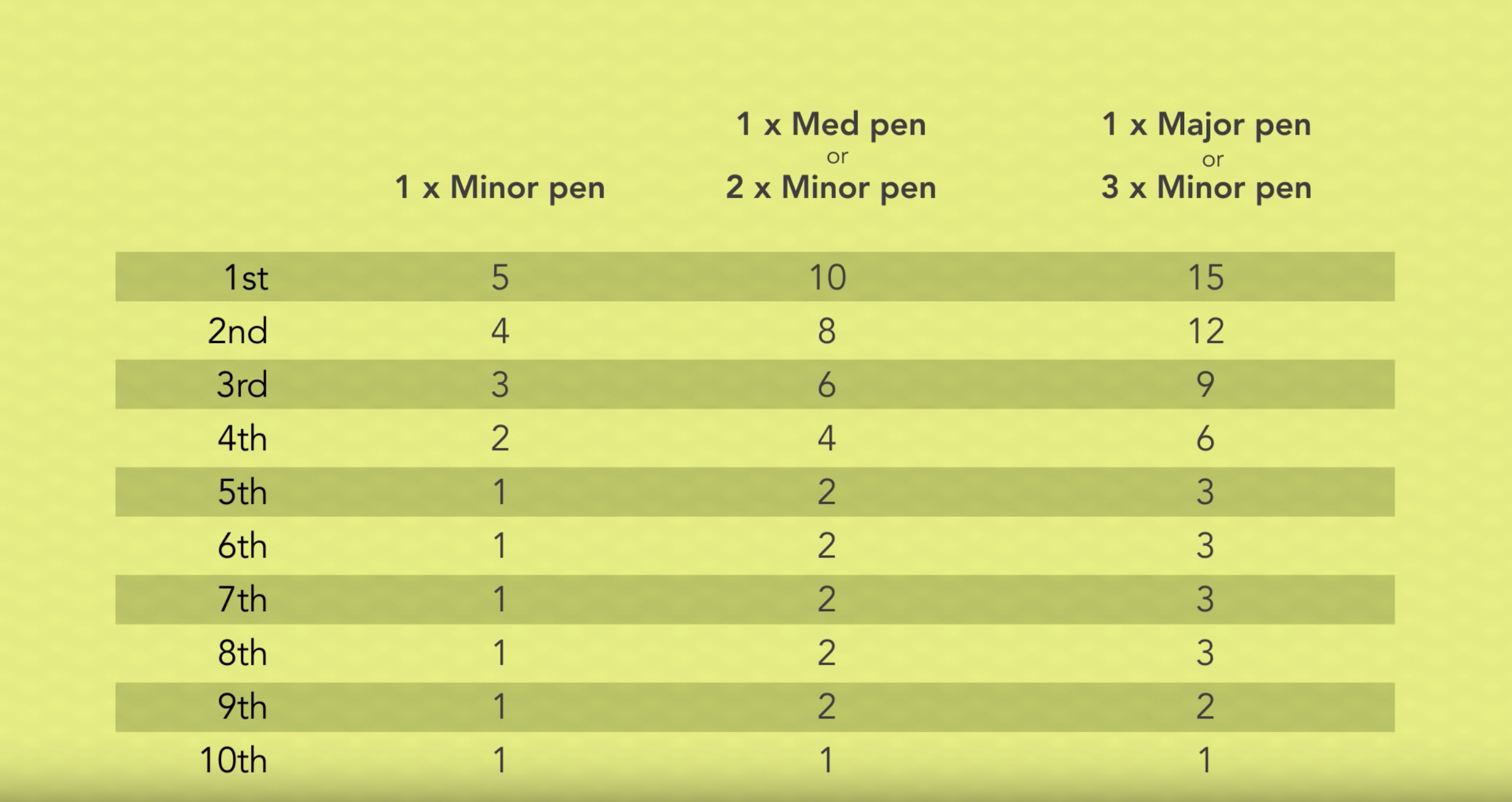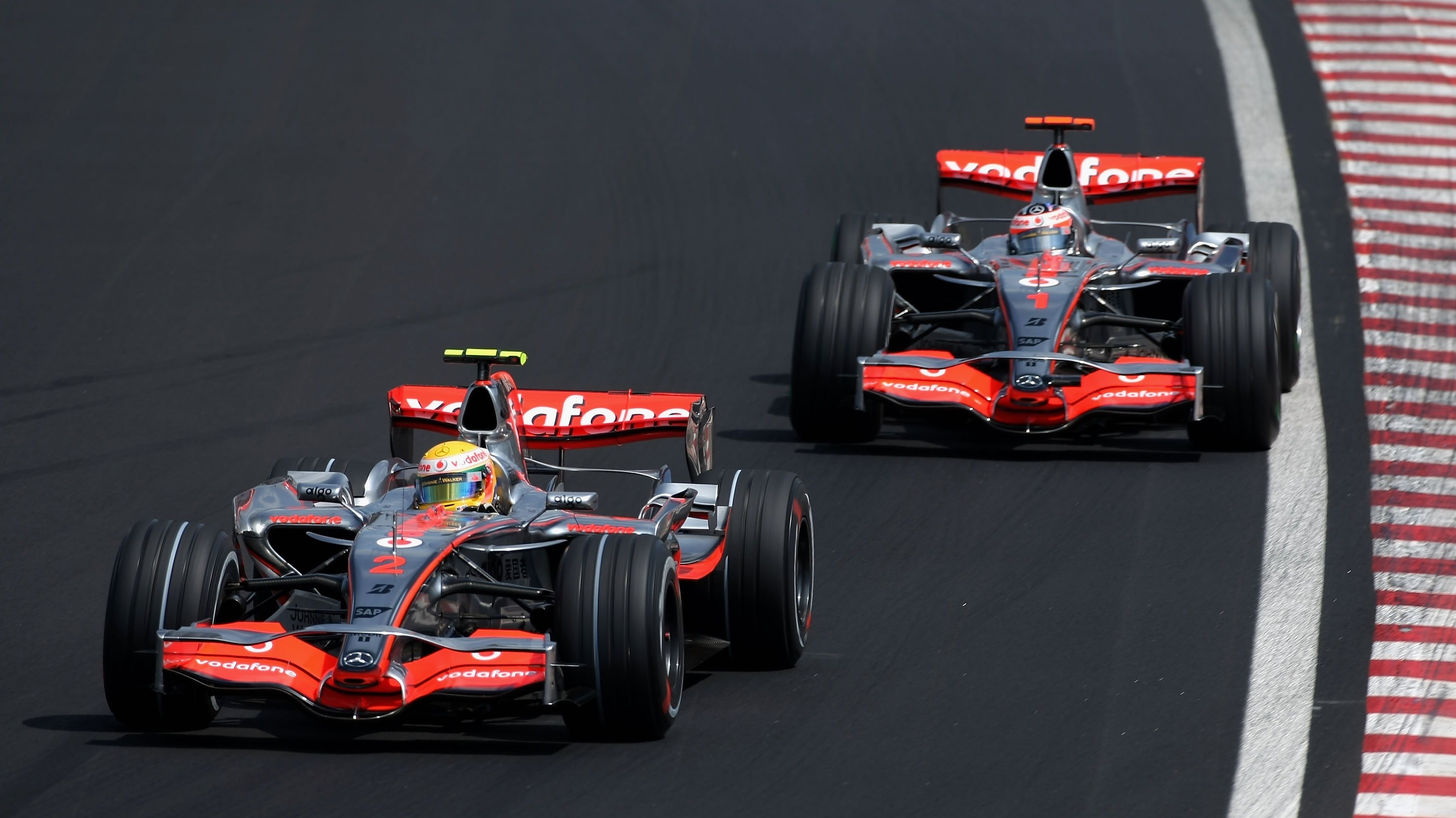Here's A Completely Bonkers Plan For How To Punish A Racing Team Without Also Penalizing Its Driver
It's one of the most frustrating things in motorsport: a race team does something egregiously stupid in a race that the driver couldn't control, but the driver is still the one who ends up getting punished for it. But penalizing a team but not the driver (or vice-versa) that is a hell of a lot harder than it sounds—unless you like your racing with a little bit of communism.
(My husband saw the title of this blog and hollered, "RACING ALREADY SOLVED THIS PROBLEM. IT'S CALLED IROC." He then threatened to make an account here so that he could leave an angry comment if I didn't mention IROC. So here it is: IROC.)
The ideal, fairest solution to the penalty separation problem is... actually pretty much IROC. But good ol' Chain Bear on YouTube takes us through a little thought experiment to understand why.
Chain Bear proposes separating driver points and team points entirely, which would enable each to be penalized independently of the other. So, if a team does something dumb, the driver would retain his championship points while the team itself takes a hit. It's not really like we haven't seen this before, when McLaren was stripped of its constructor points in 2007 while its drivers got to keep their driver championship points.
He also brought up scaling those penalty points based on finishing position, given the fact that a five-point penalty would impact Williams way more than it would Mercedes. It's a smart idea, honestly, one that would keep teams a little more honest without actually impacting drivers.

Driver penalties are a little harder to separate. For example, Stuart mentions that drivers could be handed time penalties post-race, which would add five seconds on to a driver's finishing time. However, teams would still be scored based on the original pre-penalty finishing time. That one I can't really appreciate. It makes things way more complicated.
But the biggest, most mind-blowing idea comes at the very end of the video. The only way to really truly separate team and driver penalties—and to most effectively evaluate each team's and each driver's performance—would be to completely separate drivers from their teams. Each driver would then take two turns at a team, something possible in any 20-race season.
In that theory, drivers would all have a chance to compete in equal equipment. They'd all have a chance to show their skill in both the fastest and the slowest cars. Any points scored in a team's car would then go to that team's constructor's championship, which would more fairly evaluate the quality of that car versus all the rest. And, as Chain Bear puts it, "all teams will have Grosjean at some point."
It's a little IROC-y in the sense that everyone has a fair shot at the win at least a few times in the championship, since everyone gets to rotate cars. It's mainly just different in the fact that we'd still be retaining team frameworks within the F1 championship.
Honestly, I really like it. There's absolutely no way F1 would ever let this slide, but I'd love to see a regulatory format that pushes a little more equality into the whole Formula One thing. And, I mean, who doesn't want to see what would happen if you put Romain Grosjean in a Haas?
